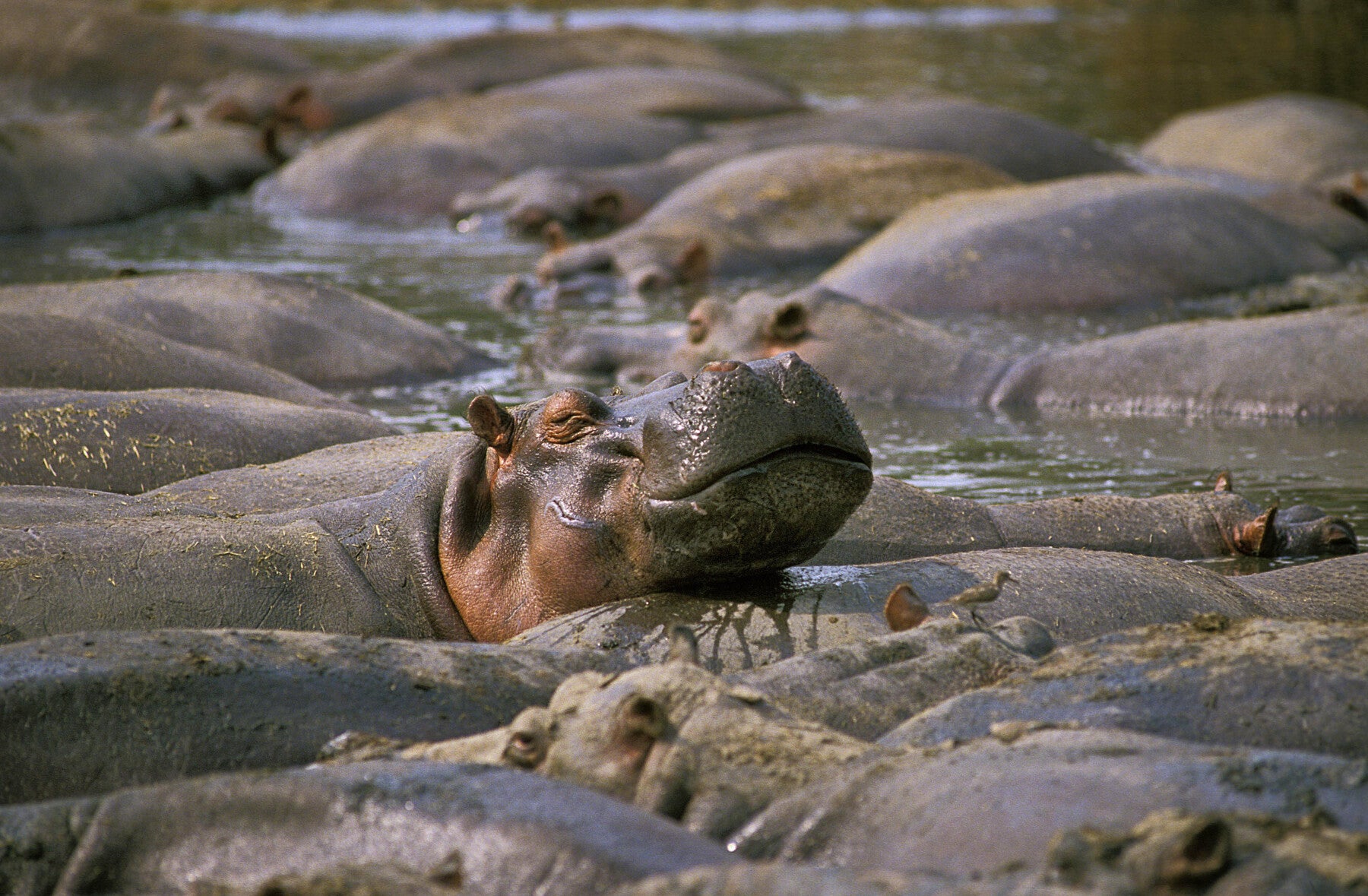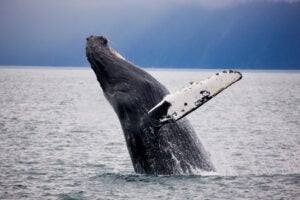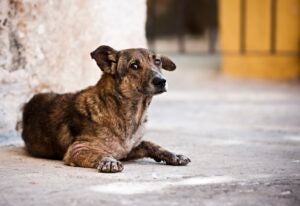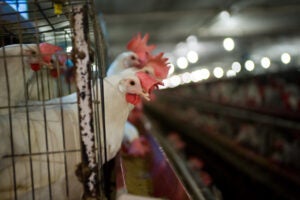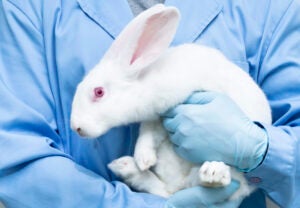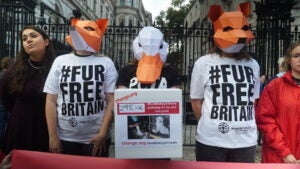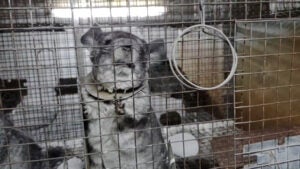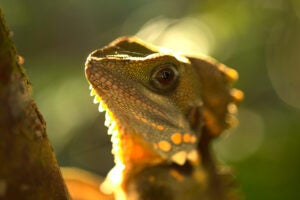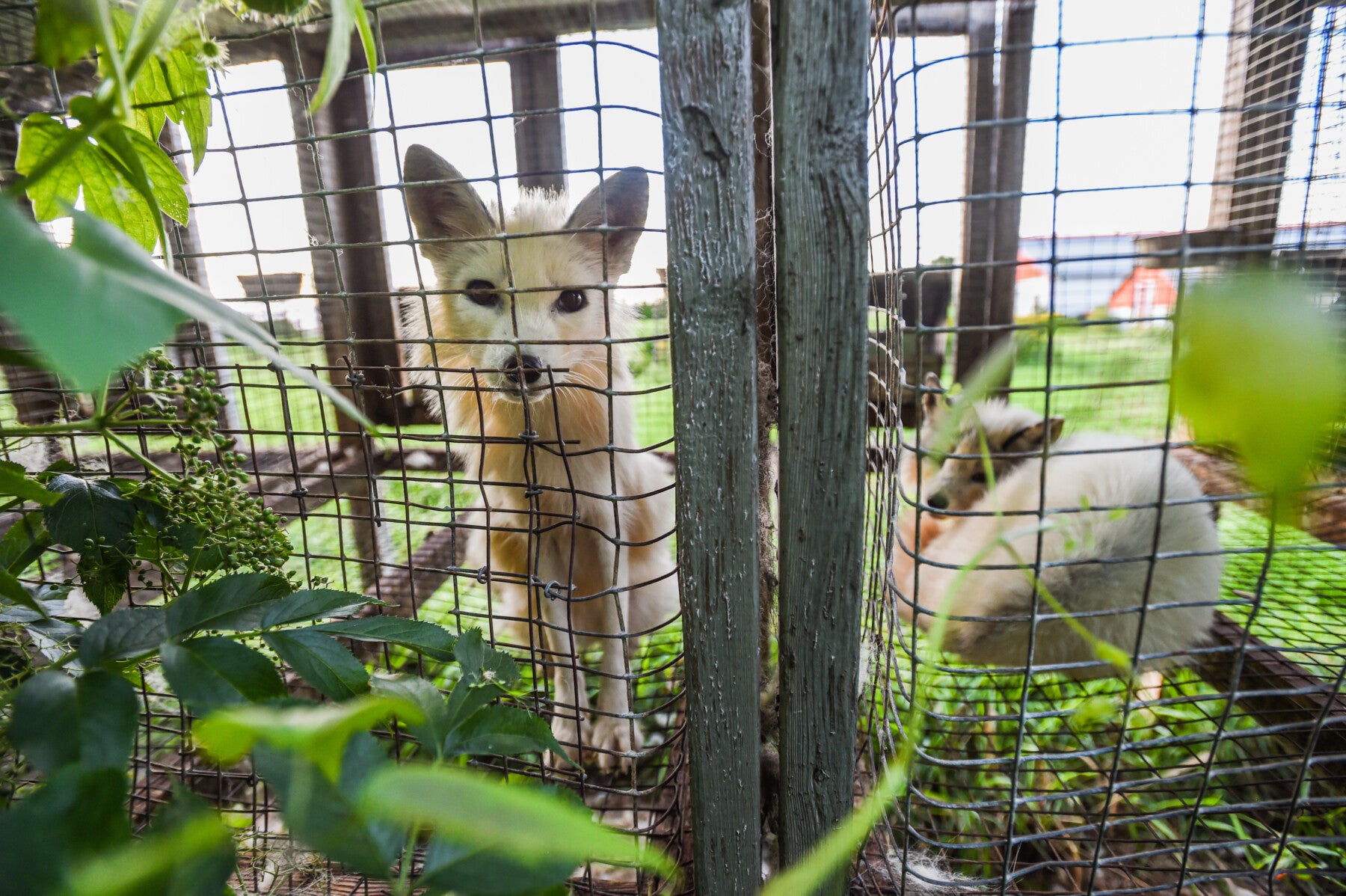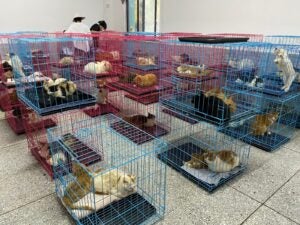
BEIJING—Chinese animal activists have released shocking footage of dead and dying dogs and cats on a truck crammed with 1,408 animals being trafficked for the meat trade in China. Three hundred and seventy dogs and cats perished on board, or shortly after removal from, what activists are calling the “death truck” which was stopped by police on the highway headed for slaughterhouses and markets in Yulin, in south China. The footage was released to global animal protection group Humane Society International which campaigns across Asia to end the dog and cat meat trades.
The truck was intercepted in Xian Tao city in central China’s Hubei province, half way along its intended 1,200km journey from Fucheng in the north to Yulin in the south. Rescuers from local animal groups converged at the scene, joined by Beijing-based dog meat campaign specialists from Capital Animal Welfare Association who were able to carefully unload the traumatised animals. Alongside the lifeless bodies of dead dogs and cats, they found animals suffering with open wounds, broken bones, respiratory disease and severe dehydration. The activists administered what emergency treatment they could on the roadside, temporarily transporting the dogs to a nearby school and the cats to a holding facility before local shelters could rally to collect them.
CAWA’s Hao Da-yue attended the scene and estimates that most of the 718 dogs were likely stolen pets, and the 690 cats were probably snatched from the streets. The surviving animals are now being cared for by staff at local shelters who are administering life-saving treatment. They fear that the animals have endured such an ordeal, more may yet succumb to their injuries and sickness. HSI is providing emergency funds to help some of the shelters caring for the animals.
Hao Da-yue said: “I’ve attended many rescues of dogs and cats from the meat trade, but never before have I encountered such a shocking scene. This was a death truck, crammed full with desperate, frightened, traumatized animals caged up with their dead and dying companions. The smell of death, diarrhoea and vomit was overwhelming, and the sound of the animals whimpering and crying for our attention, was just heartbreaking. I saw a number of dogs and cats die on the roadside despite desperate attempts to help them, there was nothing that could be done but hold them as they passed away. Activists worked with tears in their eyes, many clearly shocked by what they were witnessing. The world needs to see how these poor dogs and cats suffer for China’s meat trade. Such appalling cruelty brings shame on China and shame on the majority of Chinese people who want nothing to do with this despicable trade.”
Although China has no animal protection laws with which to prosecute the traders for cruelty, Chinese health and safety regulations do present an opportunity. The two truck drivers have been detained by police and reported to Xian Tao officials, and the trader who contracted them and accumulated the animals now faces investigation by the Agriculture Bureau and could face charges for transporting sick animals across provincial boundaries without legally-required quarantine papers.
Dr. Peter Li, Humane Society International’s China policy specialist, said: “I want to pay tribute to the dedication and bravery of Chinese animal activists who work so hard to help animals caught up in the dog and cat meat trades. Having been to dog and cat slaughterhouses and meat markets myself, I know first-hand how traumatising it is to see this scale of animal abuse, and yet they are committed to exposing this cruelty in the hope of ending the trade for good. It is a tragedy that so many of these poor animals died on this truck, and the suffering they all endured at the hands of the meat traders is unimaginable. Most people in China don’t support this trade and it doesn’t reflect modern Chinese society, but without robust animal protection laws in place, we will continue to see this terrible cruelty.”
Facts:
- The truck was intercepted by police on 1st October 2022.
- Most people in China don’t eat dogs and cats. In fact they are only eaten infrequently by a small percentage of the Chinese population. Even so, it is estimated that as many as four million cats a year could be killed for the meat trade.
- In 2020, two major cities in mainland China–Shenzhen and Zhuhai–banned the consumption of dog and cat meat, a decision polling of 378 million people in mainland China by news site com shows is supported by nearly 75% of Chinese citizens.
- In addition to Shenzhen and Zhuhai in mainland China, across Asia the trade in and slaughter, sale and consumption of dogs is banned or otherwise ended in Taiwan, Hong Kong, the Philippines, Thailand, Singapore, Siem Reap in Cambodia, and 19 jurisdictions across Indonesia. In South Korea a government-initiated task force is currently considering the issue of a ban. President Yoon Suk-yeol has stated he would not oppose a dog meat ban provided there is social consensus, and first lady Kim Keon-hee has spoken publicly of her desire for an end to dog meat consumption.
ENDS
Media contact: Wendy Higgins, Humane Society International director of international media: whiggins@hsi.org

